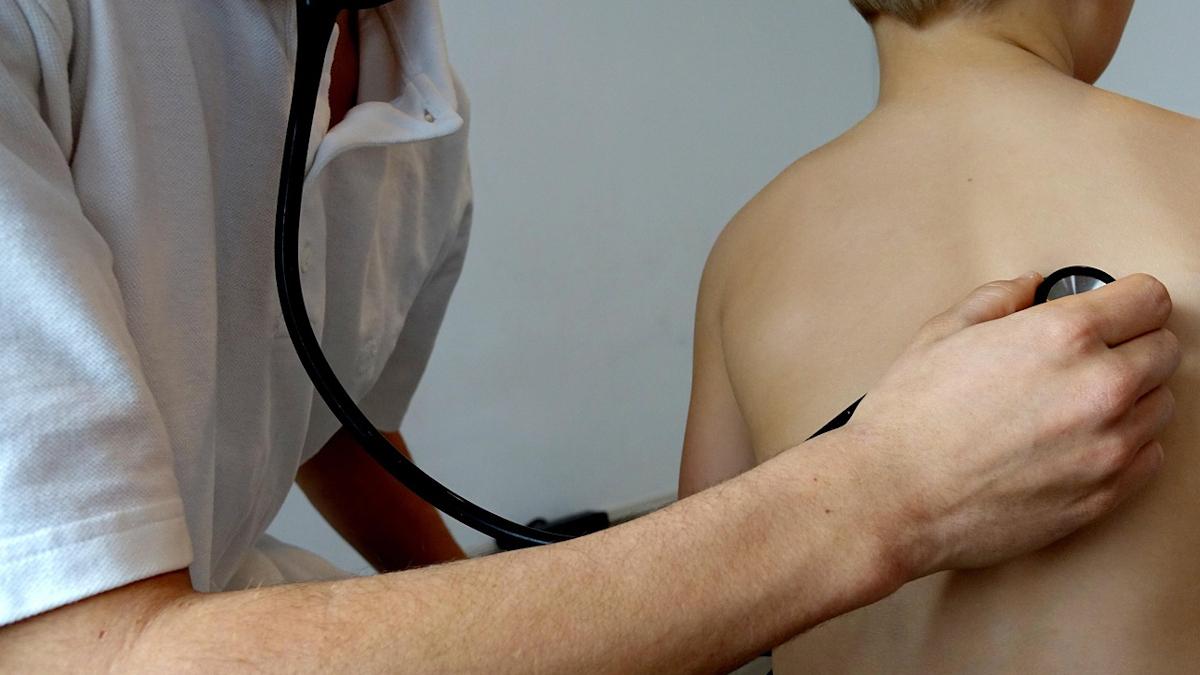Third Arc's $165m for T cell engagers, plus other bio rounds

This week's round-up of new financings in the biotech world is headed by a big round for Third Arc, a specialist in T-cell engager antibodies, with Autobahn, Brenig, Confo, and GRO Bio also in on the action.
First up, Third Arc Bio, seeded at Omega Funds and led by former Johnson & Johnson executives, which pocketed an impressive $165 million in a first round led by Vida Ventures and co-led by Cormorant Asset Management and Hillhouse Investment. Omega supported the round alongside other backers.
There's not much information yet about the company's platform, other than it is based around the generation of multifunctional antibodies for T-cell engagement across solid tumours and immunology and inflammation targets, with an ambitious plan to advance five into clinical testing next year.
It is led by chief executive Peter Lebowitz, previously head of oncology R&D a J&J, with Sanjaya Singh – who was head of Janssen Biotherapeutics – taking the role of chief scientific officer. Former J&J head of oncology discovery and external innovation, Joe Erhardt, has been named chief operating officer of the new biotech.
Autobahn Therapeutics raised $100 million in a Series C this week, pledging to use the new funding for its pipeline of drug candidates for depression and other central nervous system disorders.
Its pipeline is headed by ABX-002, an oral TRβ agonist, which is being prepared to start a pair of phase 2 studies as an add-on treatment for patients with major depressive disorder (MDD) and bipolar disorder depression, respectively. The cash will also go towards phase 1 clinical trials of ABX-101, an S1P receptor modulator in development for neuroimmunologic and neuroinflammatory disorders.
The financing was led by Newpath Partners, with participation from new investors Canaan Partners, Monograph Capital, Insight Partners, and existing backers.
Also emerging from the shadows this week was Brenig Therapeutics, with a $65 million Series A war chest provided by New Enterprise Associates with support from OrbiMed, Torrey Pines Investments, BioGeneration Ventures, and another unnamed US healthcare investor.
Brenig's main focus at the moment is a preclinical-stage LRRK2 inhibitor, codenamed BT-267, that it intends to move into human safety trials and proof-of-concept studies in both LRRK2-mutated and idiopathic Parkinson's disease.
Other companies have been involved in the development of LRRK2 inhibitors, including Servier/Oncodesign, Biogen/Denali, Qiagen, and Neuron23, but Brenig reckons its candidate has a best-in-class pharmacokinetic profile with high CNS exposure and minimal effects in the periphery, which should limit side effects.
Belgium's Confo Therapeutics, another company hoping to tap into the mad rush in the pharma industry for drugs for weight loss, made around €60 million (around $65 million) from its Series B round led by Ackermans & van Haaren.
The company focuses its efforts on G protein-coupled receptors (GPCRs), and the funding will support two of its wholly owned candidates through phase 1 testing and take two others to Investigational New Drug (IND) approval, including a GPR75-targeting drug for obesity which could be used in combination with, or as an alternative to, GLP-1 agonists. Its pipeline also includes CFTX-1334, an AT2 receptor antagonist for neuropathic pain that was partnered with Eli Lilly in a $590m deal last year.
Other investors in the round included Driehaus Capital Management, Quest for Growth, BioGeneration Ventures, Capricorn Health-tech Fund, Fund+, MINTS, Perceptive Advisors, Qbic, PMV, V-Bio Ventures, VIB, and Wellington Partners.
Finally this week, a second-round financing for GRO Biosciences – co-led by new investors Atlas Venture and Access Biotechnology – raised just over $60 million to advance its lead drug candidate for refractory gout into clinical trials.
Like current therapies for gout, GRO's lead drug is based on uricase, an enzyme that breaks down the uric acid crystals that get deposited in the joints of people with the disease, causing inflammation and often excruciating pain. ProGly-Uricase is, however, designed to sidestep one of the key issues in uricase therapy, the development of anti-drug antibodies (ADAs) that counteract the effects of treatment.
The company said the new cash will be used to complete a proof-of-concept trial in subjects with elevated uric acid levels.












